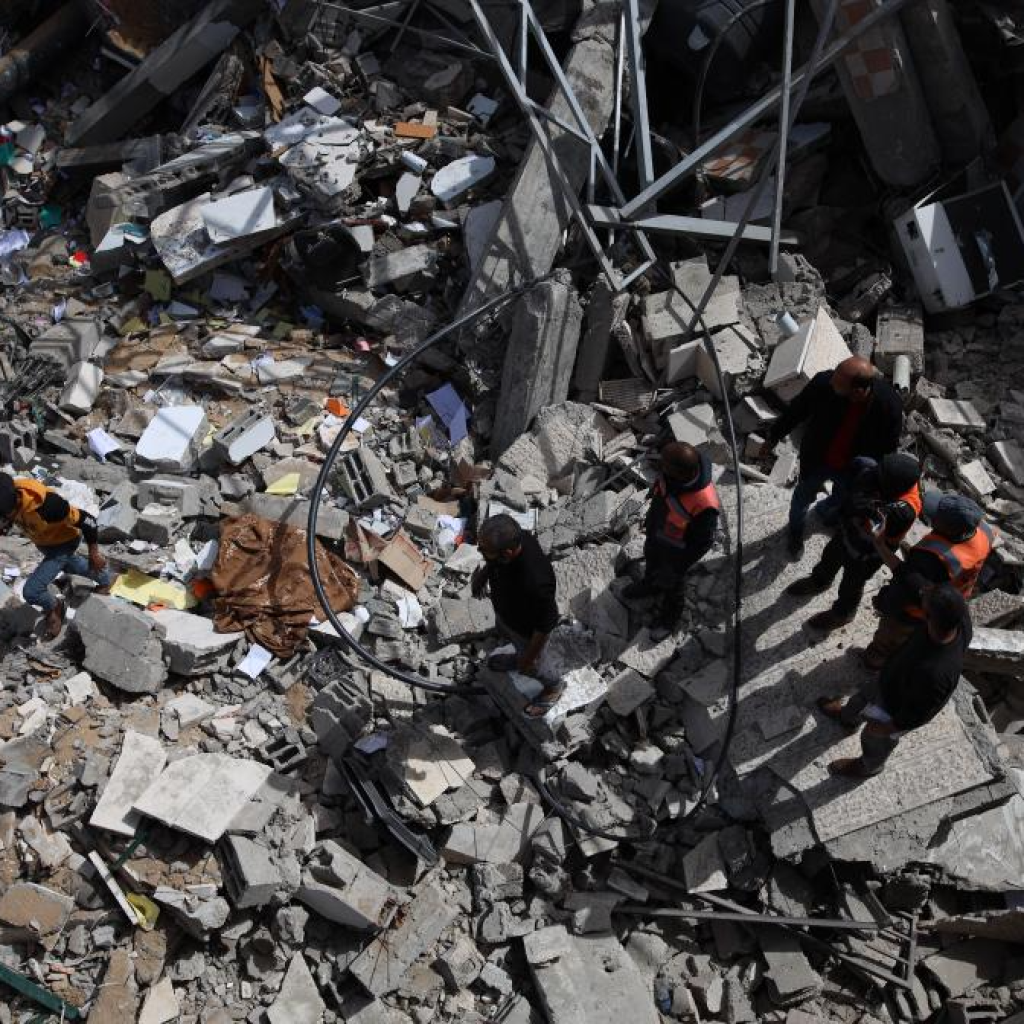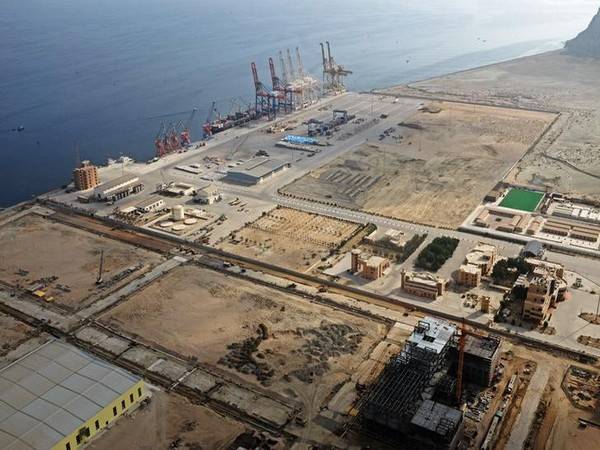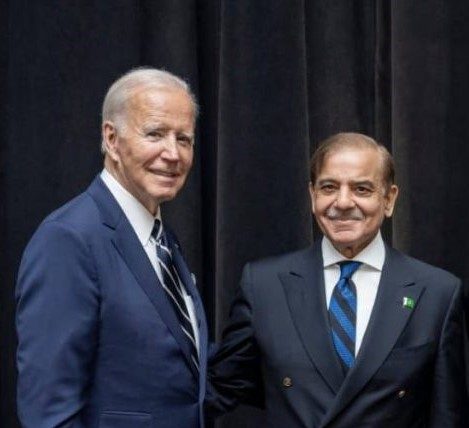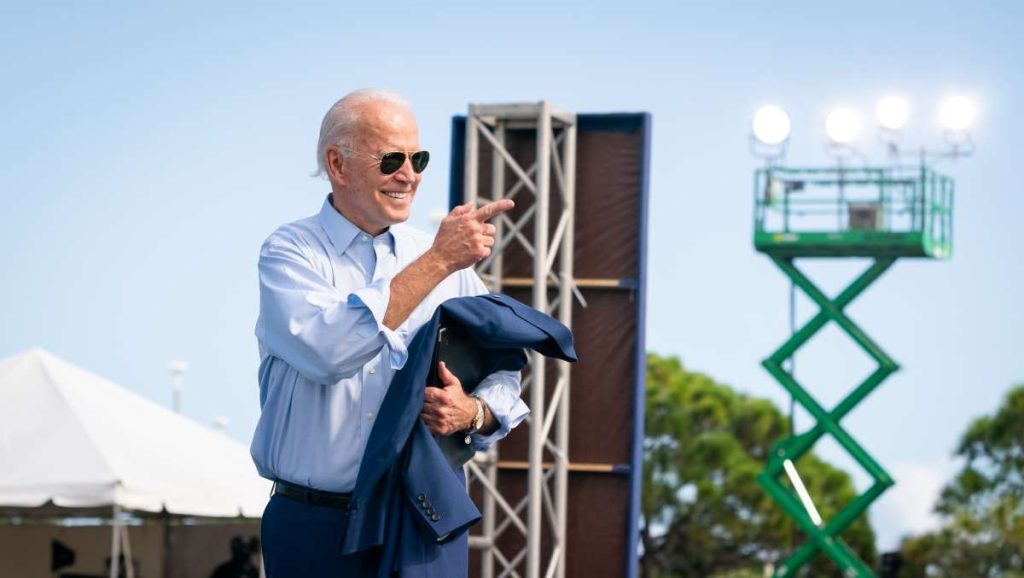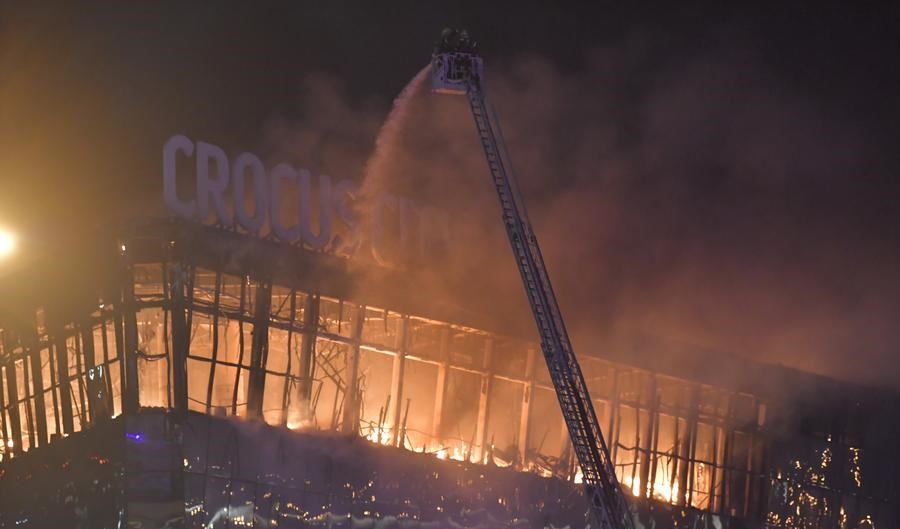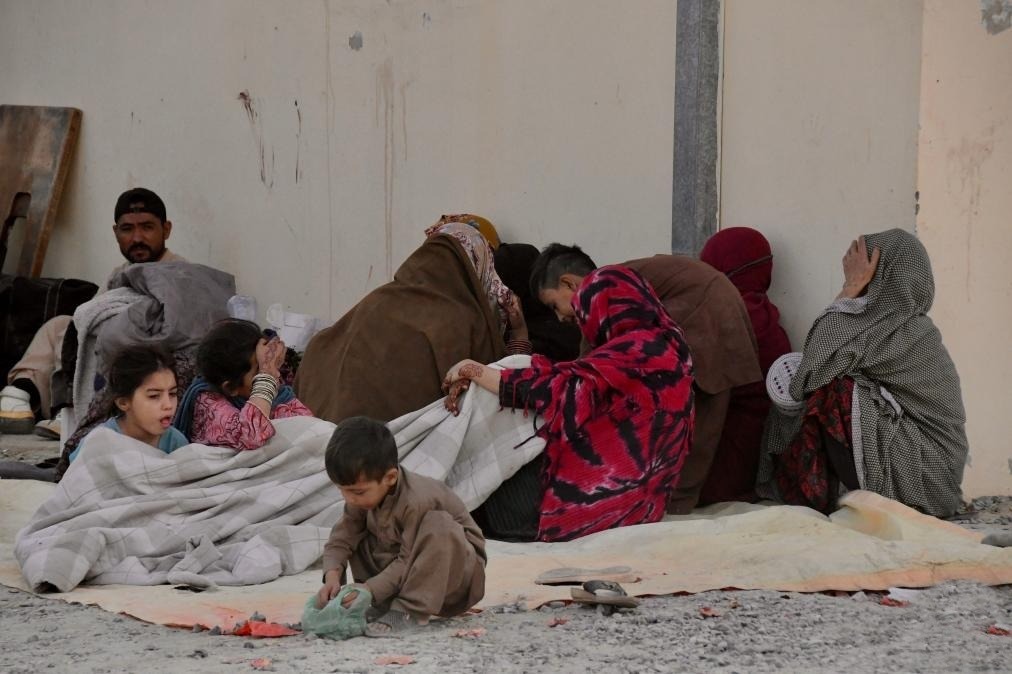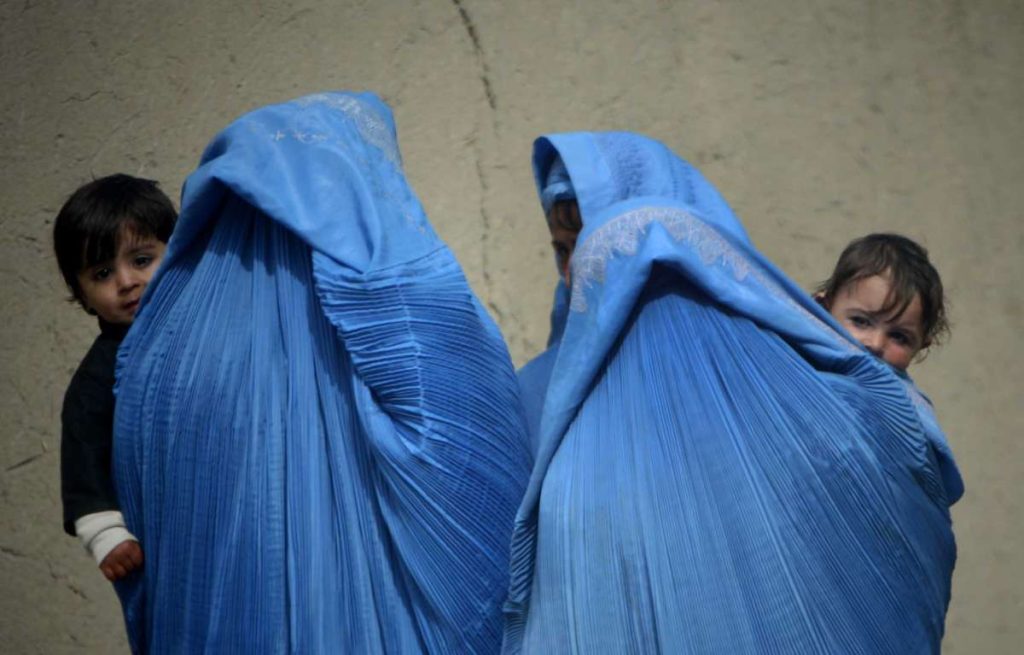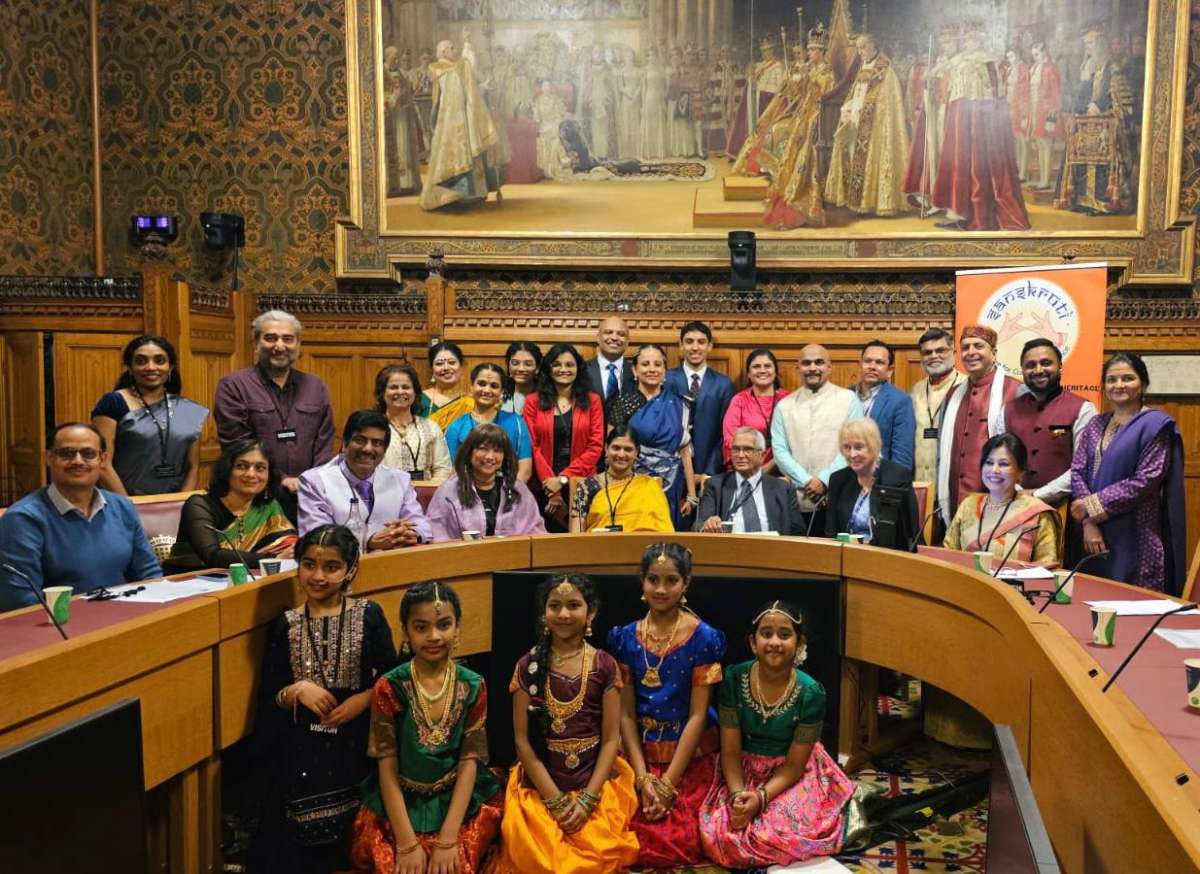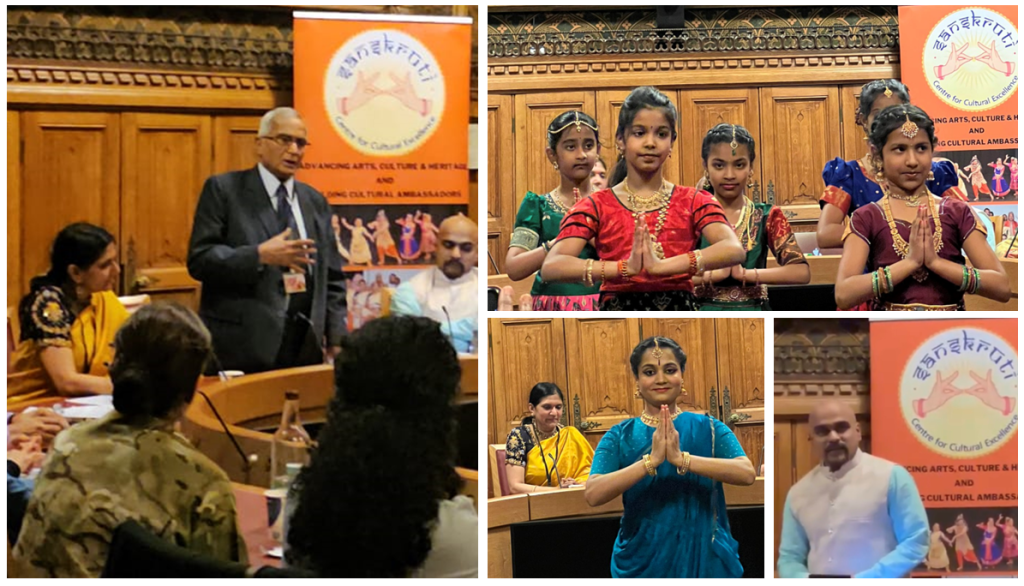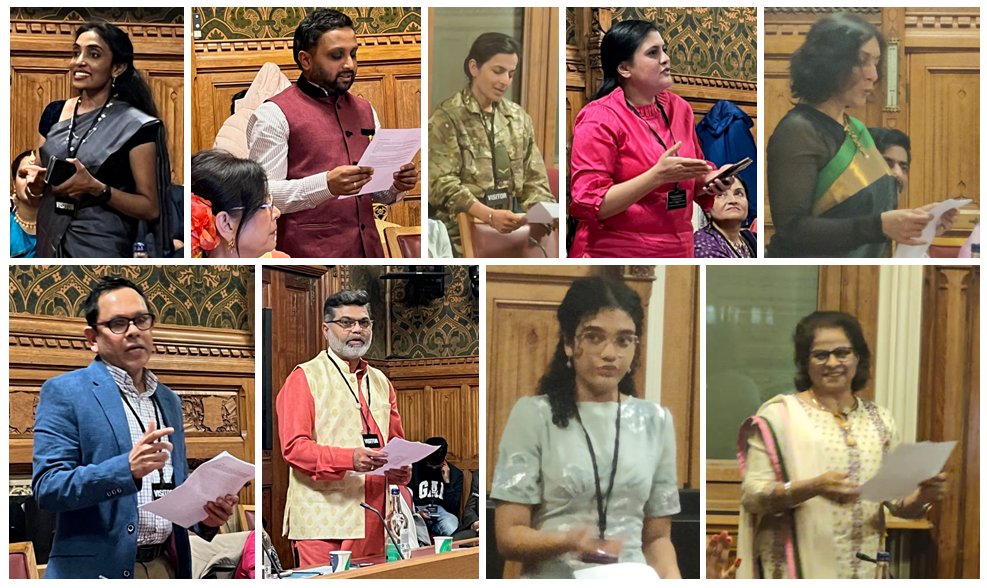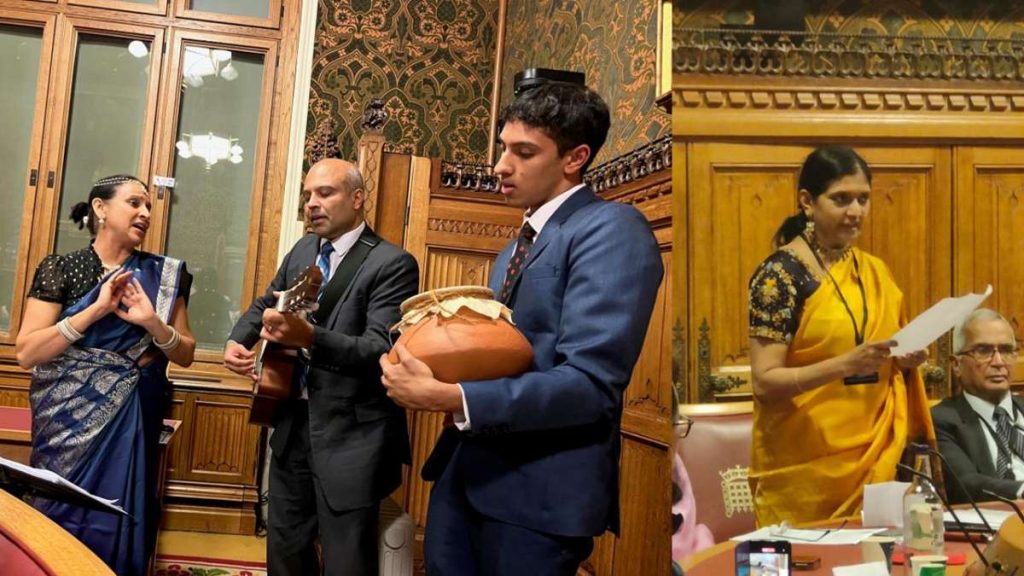The WHO chief said more than 3,400 people have already been evacuated, and many more were awaiting Israeli approval to leave…reports Asian Lite News
Amid the continuing Israeli onslaught on Gaza in retaliation to the Hamas terror attacks on October 7, last year, and fears of a new front opening up in Rafah amid the ongoing war, World Health Organisation Director-General Tedros Adhanom Ghebreyesus on Saturday said approximately 9,000 patients trapped in the Strip were in urgent need of evacuation abroad, CNN reported.
With healthcare infrastructure ‘all but collapsed’ in Gaza, thousands need treatment for cancer and kidney dialysis, as well as for injuries sustained during the conflict, Tedros posted on X.
The WHO chief said more than 3,400 people have already been evacuated, and many more were awaiting Israeli approval to leave, according to CNN.
“We urge Israel to speed up approvals for evacuations, so that critical patients can be treated,” Tedros said, adding, “Every moment matters.”
According to CNN, the UN Office for the Coordination of Humanitarian Affairs stated on Friday that Gaza’s partially functional hospitals can only provide ‘limited services’ and are overwhelmed with patients. They are also facing “critical shortages of fuel, medicines, medical supplies, and health personnel.”
According to the UN, more than 400 attacks on healthcare infrastructure in the Gaza Strip had been documented by the WHO as of March 12, affecting some 100 ambulances and nearly 100 health facilities.
Israel has repeatedly blamed Hamas for hiding behind civilians in Gaza’s hospitals and other medical facilities, accusations the militant group denies.
Meanwhile, nearly 400 tonnes of food aid are expected to arrive in Gaza by ship in the coming days, according to the non-governmental organisation arranging the deliveries, CNN reported.
Juan Camilo, a community outreach manager with World Central Kitchen, stated that the aid would be distributed to residents in the northern part of the Strip.
He mentioned that The Open Arms, a rescue vessel that recently delivered aid to Gaza, was towing a barge, while another cargo vessel, ‘Jennifer’, was also transporting aid.
World Central Kitchen mentioned that the vessels are equipped with machinery to expedite the off-loading process. Additionally, they noted that the aid includes dates provided by the United Arab Emirates for Palestinians observing Ramadan.
Earlier this month, World Central Kitchen said almost 200 tons of aid were delivered by ship in an operation conducted with the Emirati government and Open Arms, with support from Cyprus.
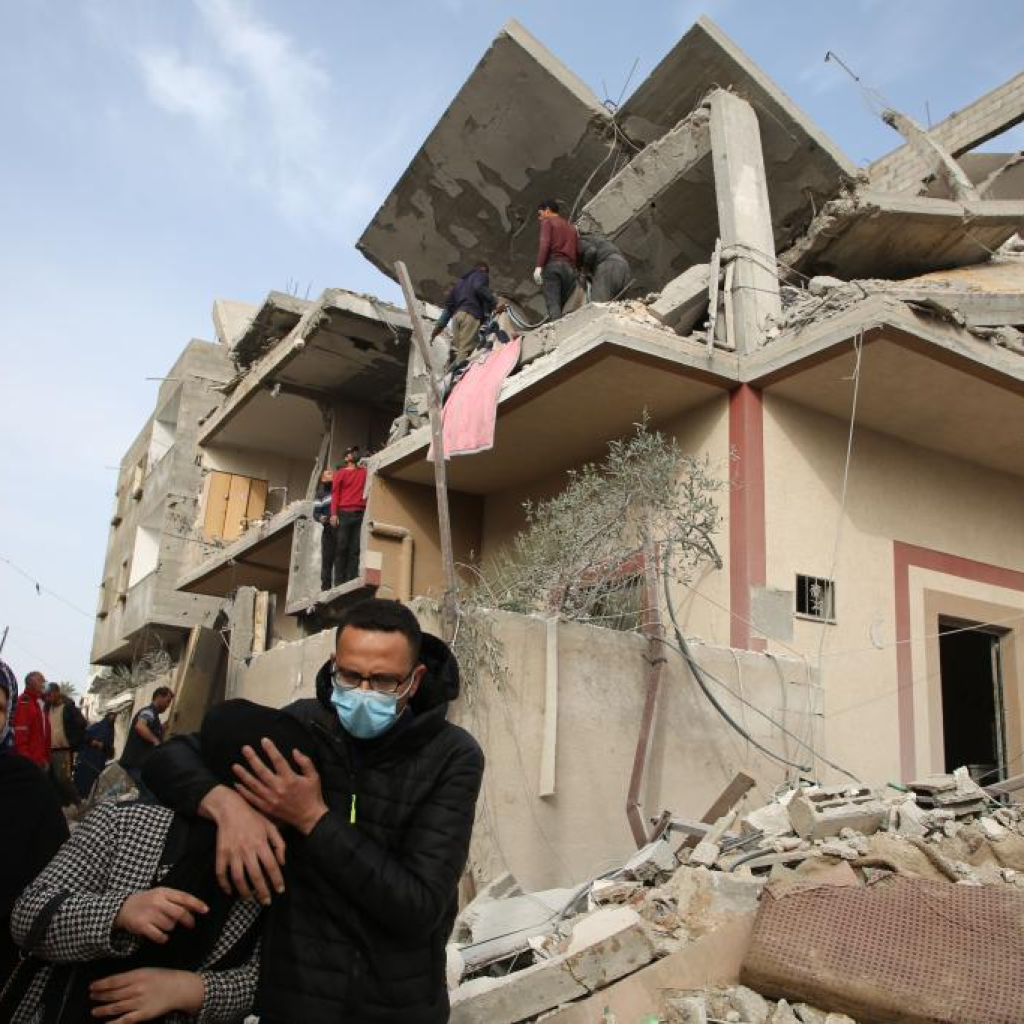
Truce talks between Israel and Hamas to resume
Truce talks between Israel and Hamas will resume on Sunday in Cairo, the latest attempt to bring about a pause after nearly six months of war in the Gaza Strip, Egypt’s Al Qahera News TV reported on Saturday, citing a security source.
An Israeli official told Reuters that Israel will send a delegation to Cairo on Sunday. A Hamas official however told Reuters the group would wait to hear from Cairo mediators on the outcome of their talks with Israel first.
The warring sides have stepped up negotiations, mediated by Qatar and Egypt, on a six-week suspension of Israel’s offensive in return for the proposed release of 40 of the 130 hostages still held by the Palestinian militant group in Gaza.
Hamas has sought to parlay any deal into an end to the fighting and withdrawal of Israeli forces. Israel has ruled this out, saying it would eventually resume efforts to dismantle the governance and military capabilities of Hamas.
Hamas also wants hundreds of thousands of Palestinians who fled Gaza City and surrounding areas southward during the first stage of the war to be allowed back north. One Israeli official said his country was open to discussing allowing back only “some” of the displaced.
More than 32,000 Palestinians have been killed in Israel’s military offensive in the Gaza Strip since Oct. 7, according to health authorities in the territory.
The war erupted after Hamas militants broke through the border and rampaged through communities in southern Israel, killing 1,200 people and abducting 253 hostages, according to Israeli tallies.
Israel kept up its aerial and ground bombardment of the Gaza Strip on Friday, killing 82 Palestinians in the past 24 hours, the territory’s health ministry said as fighting raged around Gaza City’s main Al Shifa hospital.
The ministry added that Israeli forces in control of the hospital had blockaded 107 patients in the human resources department without water, electricity, or medication for several days, refusing all calls to evacuate them.
Armed wings of Hamas and the Islamic Jihad said their fighters continued to battle Israeli forces around the medical facility, the Gaza Strip’s biggest hospital before the war, which had been one of the few health care facilities even partially operational in north Gaza before the latest fighting.
The Israeli military said forces operating in Al Shifa killed three armed Hamas commanders inside two buildings of the medical facility. Forces located sniper rifles, AK-47s, magazines, and grenades during the activity, the military said.
Israel said it killed and detained hundreds of Hamas and Islamic Jihad gunmen at Al Shifa during its raid there. Hamas and medical staffers deny any armed presence inside medical facilities, accusing Israel of killing and arresting civilians.
ALSO READ: Labour losing members over Gaza stance



